1. Hip-Hop’s Rise to Global Domination
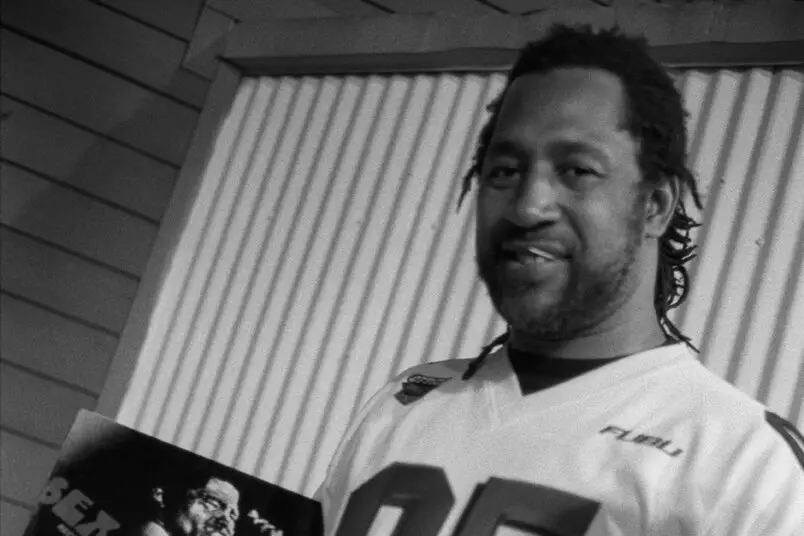
Hip-hop, as we know it, wouldn’t have the global influence it carries today without the immense contributions of Black artists. What began in the South Bronx during the ’70s as a creative outlet for Black youth soon transformed into a cultural force that changed the way we think about music, fashion, and identity. As pioneers like DJ Kool Herc, Grandmaster Flash, and Run-D.M.C. laid the foundation, they weren’t just creating new music—they were building a movement. Hip-hop’s raw energy and its ability to articulate the experiences of marginalized communities sparked something larger than just a genre. Fast forward to today, and you’ll find that hip-hop is the driving force behind trends in not just music but also films, advertising, and social movements says New Wave Magazine.
Without Black creativity, hip-hop would never have been born, and the world would have missed out on the genre’s ability to give a voice to the voiceless. As hip-hop grew, it also became a platform for addressing social issues like racial inequality and police brutality. The genre has also become one of the most commercially successful in the world, with artists like Kendrick Lamar, Jay-Z, and Cardi B pushing boundaries and breaking records. Through it all, Black artists have ensured that the genre remains an authentic expression of their culture, creativity, and resilience. Hip-hop’s expansion into global markets, where it’s embraced in cities like Paris, Tokyo, and Cape Town, speaks to its universal appeal and the power of Black innovation.
2. The Evolution of Jazz and Its Enduring Legacy
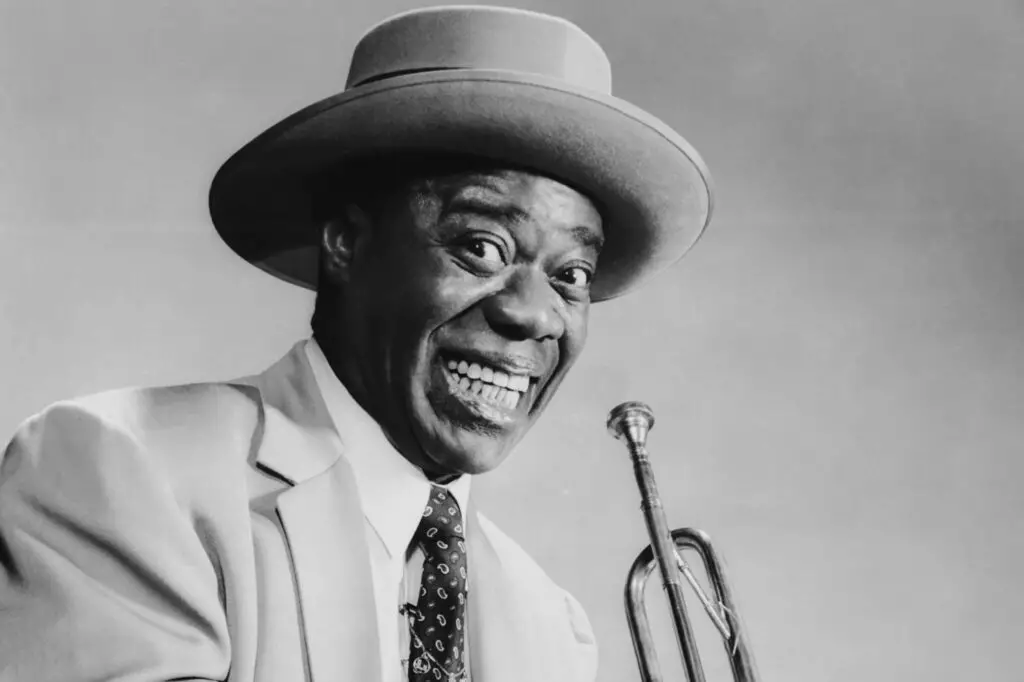
Jazz is often called America’s classical music, and it’s a genre that would have never existed without Black musicians’ groundbreaking contributions. Originating in New Orleans in the late 19th and early 20th centuries, jazz brought together elements of African rhythms, blues, and European music traditions to create something entirely new. Artists like Louis Armstrong, Duke Ellington, and Miles Davis revolutionized music, pushing boundaries with improvisation, complex harmonies, and a rhythmic freedom that set jazz apart from everything else says MSN. The genre’s innovation didn’t just influence music; it reshaped the way the world understood artistic expression, with jazz clubs becoming cultural hubs in cities around the world.
Jazz’s influence is still felt today, not only in music but also in films, theater, and fashion. From the birth of bebop in the 1940s to the smooth jazz of the ’70s, Black musicians continually reinvented the genre, making it a reflection of their evolving experiences. The genre’s improvisational nature symbolizes the freedom of creative expression, making it an important tool for cultural exchange. Whether it’s the lively energy of a Louis Armstrong trumpet solo or the cool sophistication of a John Coltrane saxophone riff, jazz continues to be a testament to the power of Black creativity. It has shaped countless genres, from rock to R&B to hip-hop, and continues to inspire musicians across the globe today.
3. The Birth of Soul and R&B
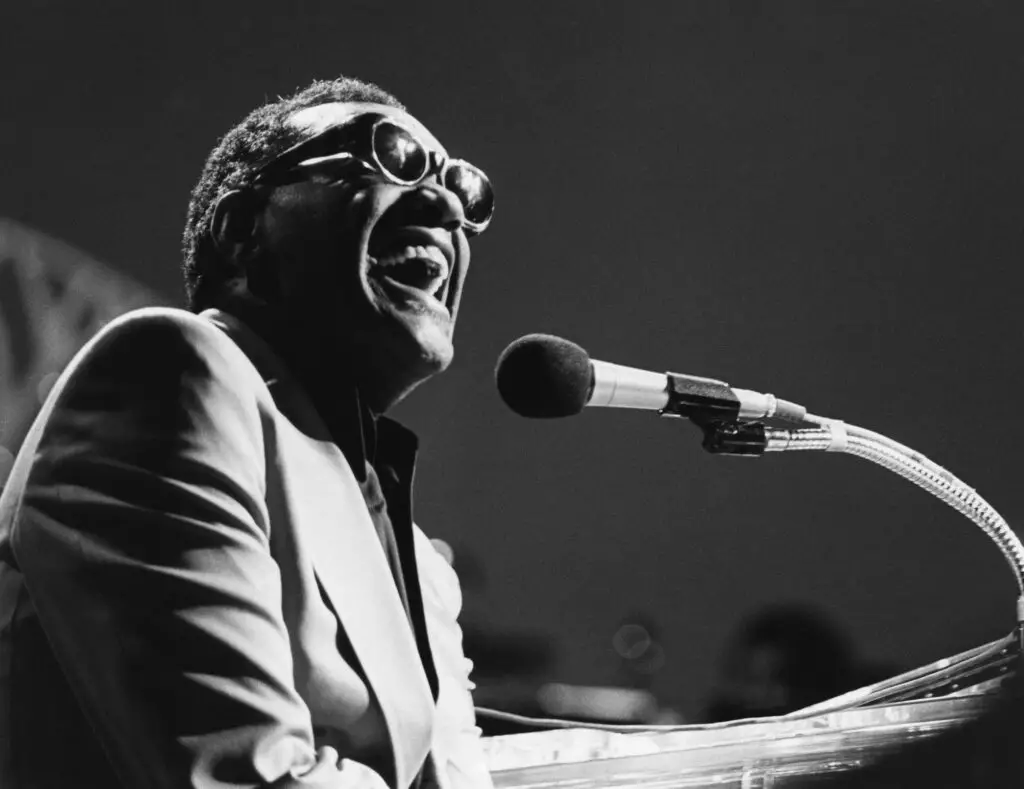
Soul and R&B music are iconic genres that reflect the heart of Black culture in America, both musically and socially. Artists like Ray Charles, Sam Cooke, Aretha Franklin, and James Brown were not only singers—they were revolutionaries, using their music to speak to the experiences of Black America during the Civil Rights era. Soul music brought with it an unapologetic celebration of Black identity and gave a voice to the struggles, joys, and resilience of Black communities. The passion and raw emotion embedded in every note made it impossible for listeners to remain indifferent. R&B, with its smooth melodies and layered harmonies, became the soundtrack of countless generations, from the ’60s to today says Soul in Stereo.
Without the cultural shifts brought by the Black community, we wouldn’t have had the powerful messages in songs like “A Change Is Gonna Come” or “Respect.” These songs became anthems of the civil rights movement and still resonate with listeners today. R&B, too, evolved over time, incorporating funk, pop, and hip-hop influences to create contemporary sounds. Artists like Beyoncé, Usher, and Alicia Keys carry the torch, taking the genre to new heights and ensuring that it stays relevant for future generations. Soul and R&B music remain some of the most influential and widely beloved genres in modern pop culture, with Black artists continuing to push creative boundaries.
4. Black Representation in Hollywood and Beyond
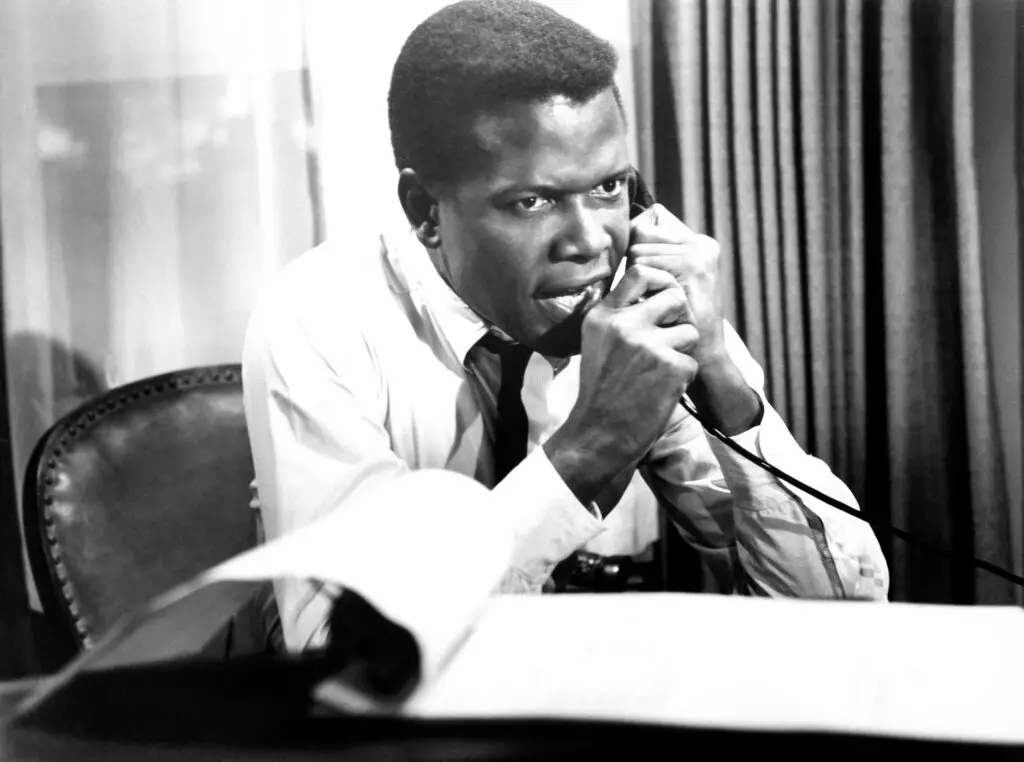
Black creativity has shaped Hollywood in ways both big and small, often in spite of the barriers Black actors, directors, and producers have faced. Early pioneers like Sidney Poitier and Dorothy Dandridge broke through racial stereotypes, carving out space for Black performers in an industry that was often hostile to them. But it was during the late ’80s and ’90s, with the rise of Black-led films like Do the Right Thing and Boyz n the Hood, that Black culture became a central force in Hollywood. These films told stories of Black life, giving a much-needed perspective that had long been marginalized. Black filmmakers such as Spike Lee, John Singleton, and Ava DuVernay pushed for authentic representation and broke down walls that had limited Black creativity in film.
Today, Black actors and directors are leading some of the most successful films and television shows of the last decade. Think of Black Panther, which became a global cultural phenomenon, showing the world the power of Black superhero representation. Or shows like Insecure and Atlanta, which offer nuanced, authentic portrayals of Black life that have resonated deeply with audiences. The work of Black creatives in Hollywood has made it clear that Black stories are universal, and they deserve to be told on the biggest stages. From writing scripts to directing blockbusters, Black creatives continue to redefine what we expect from the film industry.
5. The Influence of Black Fashion Icons
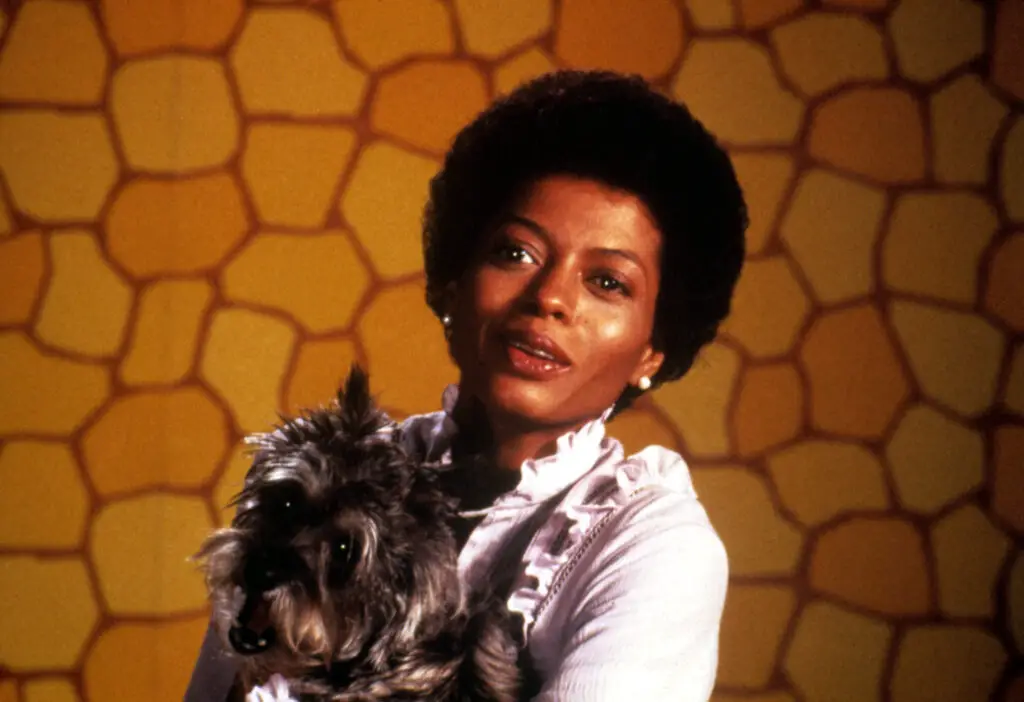
When we think about fashion icons, many of the names that come to mind are heavily influenced by Black creativity, from the streets to the runway. Designers like Dapper Dan brought high fashion to Harlem, blending luxury brands with hip-hop style in the ’80s, a bold move that eventually earned him partnerships with major brands like Gucci. Similarly, Black figures in music and film—such as Diana Ross, Prince, and Aaliyah—have long been at the forefront of setting trends. They didn’t just wear clothes; they embodied the spirit of innovation, using fashion to express their identities and challenge societal norms. The blending of high fashion with street culture has been a huge part of the way Black creatives have redefined style.
Today, Black designers and stylists are at the forefront of major fashion movements. From Virgil Abloh’s leadership at Louis Vuitton to the rise of emerging talents like Telfar Clemens, Black creatives are defining the future of fashion. The global success of streetwear brands like Off-White, founded by Abloh, proves the vast influence of Black design and style. Fashion houses are increasingly turning to Black creatives for guidance, recognizing their cultural relevance and innovation. The legacy of Black style is undeniable, showing how deeply connected fashion is to the creativity, culture, and experiences of Black communities worldwide. Through every stitch and every runway show, Black fashion icons continue to shape what we wear today.
